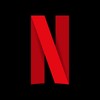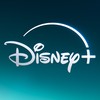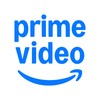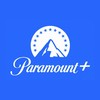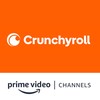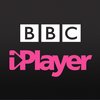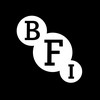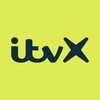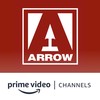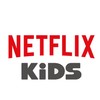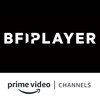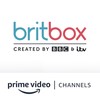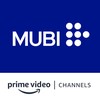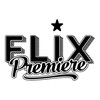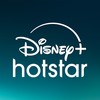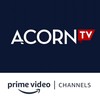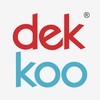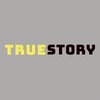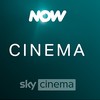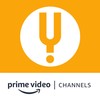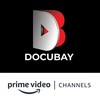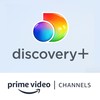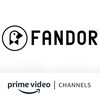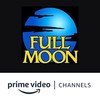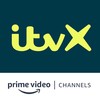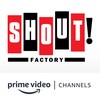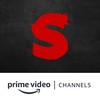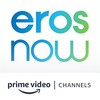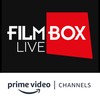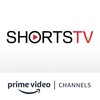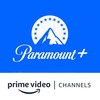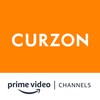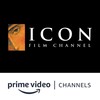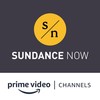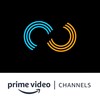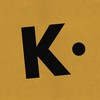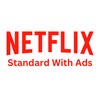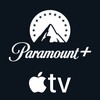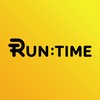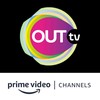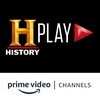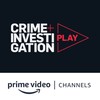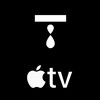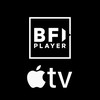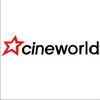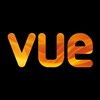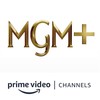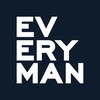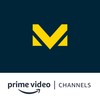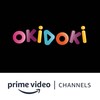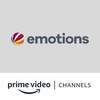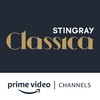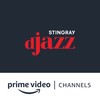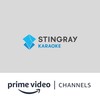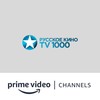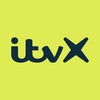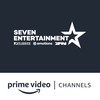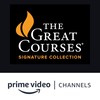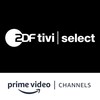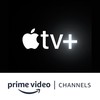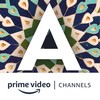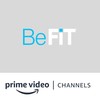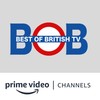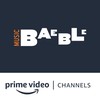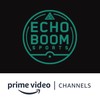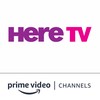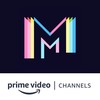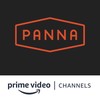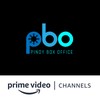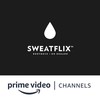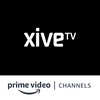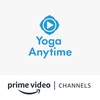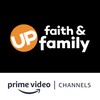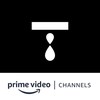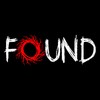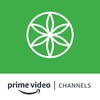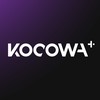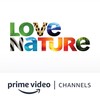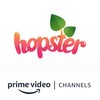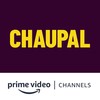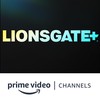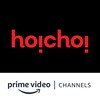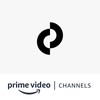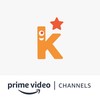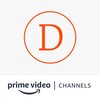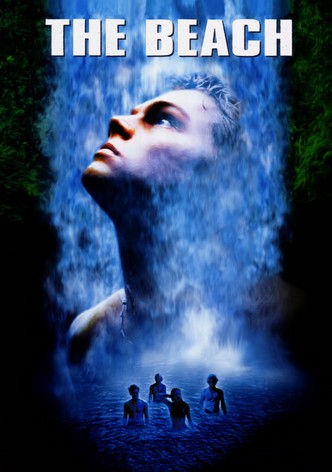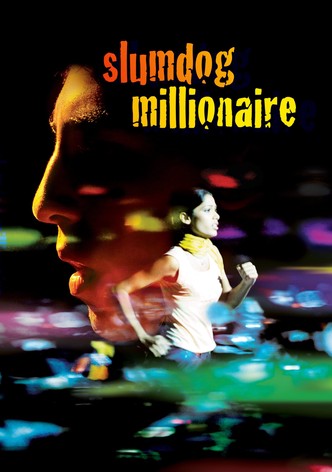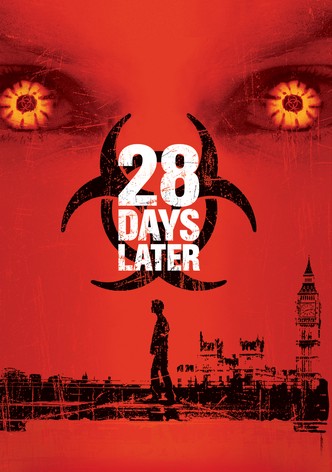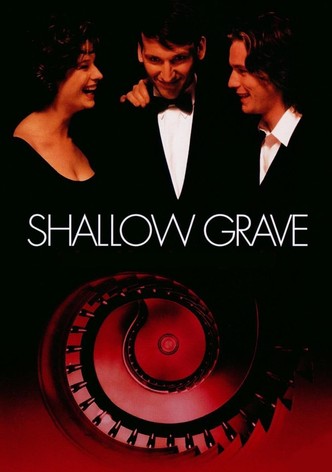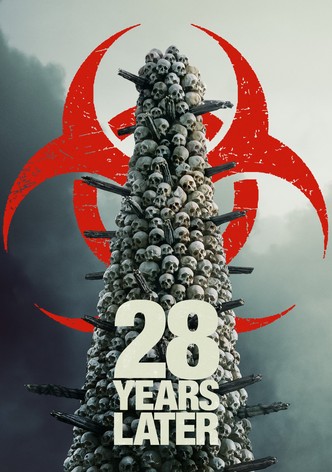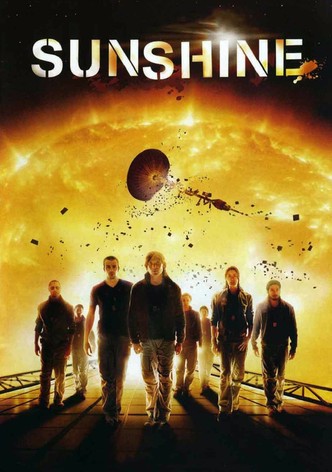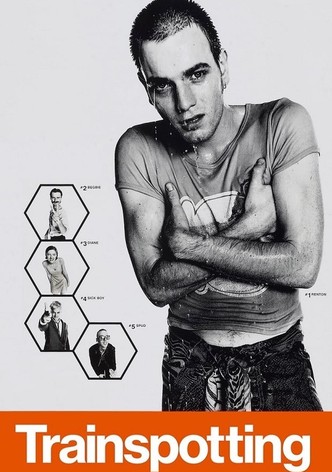Six years after the phoney Beatlemania of Yesterday—a pleasant movie, just not on the level of this list—Danny Boyle rages back to cinemas in 2025 with 28 Years Later, his best movie in at least a decade.
Reunited with Alex Garland for the first time since Sunshine (more on that one shortly), Boyle’s return to the wildly influential undead franchise he helped create has helped bring it back to life. It’s also, to the delight of his fans, one of the most technically and narratively inventive movies of the year.
With the director’s stock now firmly on the rise, it feels like the right moment to look back and round up ten of the best from the Boyle canon. Check out our list of the best Danny Boyle movies, ranked in ascending order, and use the JustWatch guide to find them streaming on services like Netflix, Disney+, Apple TV, and elsewhere.
10. The Beach (2000)
For all its flaws, The Beach still holds a nostalgic pull—the kind that fans of Gen X movies like Slacker and Almost Famous might find appealing. Maybe it’s the thought of Leonardo DiCaprio’s youthful energy, still buzzing from Titanic’s world-conquering success; or maybe it’s Darius Khondji’s slightly weird camerawork; or that great All Saints song; or my memory of experiencing Tilda Swinton for the first time. Whatever the case, I can never fully write it off.
It’s a shame that Alex Garland hadn’t decided to make the switch to screenwriting by the time Boyle optioned his novel about a group of idealists attempting to live off-grid in an idyllic location. In the end, John Hodge’s adaptation—like a suspicious number of Boyle‘s movies—slightly falls to pieces in the final third.
9. 127 Hours (2010)
127 Hours is the type of movie you might respect more than enjoy—a feat of cinematic limitation that fans of one-location movies like Locke and Phone Booth will want to see. The movie came after Slumdog Millionaire’s monumental success, when Boyle felt emboldened enough to capture the seemingly unfilmable story of canyoneer Aron Ralston’s lonely brush with (and grizzly escape from) death after being trapped under a boulder in Southern Utah in 2003.
It's interesting as a reminder of a time when everyone believed that James Franco was the next big thing. Because of that, and particularly the allegations against Franco, 127 Hours has aged in some uneasy ways. As an exercise in restraint, however, it’s still quite remarkable. It’s still Boyle’s only screenplay credit and his only nomination for writing at the Academy Awards.
8. T2 Trainspotting (2017)
If you’re a fan of ‘90s nostalgia and British cinema of that period in general (think the original, of course, but also Lock, Stock and Two Smoking Barrels and Snatch), I’d recommend giving T2 Trainspotting a go—it’s a lot better than people gave it credit for. Boyle had spoken about adapting Porno, Irvine Welsh’s follow-up to Trainspotting, for years, but nobody quite knew what to expect from the director’s first sequel.
In the end, the reunion of Spud, Rent Boy, and Begbie was more charming than I’d hoped for, with Boyle confirming that a return to old properties does not always have to mean a lack of ideas. The score, which features three songs from future 28 Years Later collaborators, Young Fathers, is really memorable, as are Boyle’s artistic flourishes—not least a spectacular update on the famous Lou Reed moment in the original.
7. Slumdog Millionaire (2008)
Slumdog Millionaire still works very well on its own terms—an underdog story with a catchy narrative twist (think of it like a kind of sports movie mixed with a coming of age)—but Boyle would probably be the first to tell you that he couldn’t make it today. Back in 2008, filmmakers had yet to come to terms with concepts like cultural appropriation—so if that kind of thing is triggering for you, it might be worth approaching with some caution.
Casting a then-unknown (at least outside of Skins) Dev Patel and shooting the movie largely in Mumbai, Boyle took a sentimental story about finding meaning from hardship and rode a wave of word-of-mouth all the way to the Academy Awards. His win for Best Director that year changed the public perception of him from cult filmmaker to national treasure, leading to his celebrated stint as Artistic Director of the 2012 London Olympics and the subsequent offer of a knighthood, which the working-class Irish Catholic gallantly turned down. It remains the most successful British independent film of all time. All valid reasons for inclusion here!
6. 28 Days Later (2002)
If you like Boyle at his rage-filled best, 28 Days Later is well worth revisiting—especially if you’re a fan of recent post-apocalyptic stories like The Walking Dead and The Last of Us.
It’s still amazing how influential it was. Perhaps someone had already dreamed up the idea of a sprinting zombie, but would we still have gotten the genre’s renaissance in the ‘00s without it? Not to mention Cillian Murphy’s career?
Either way, Boyle and Anthony Dod Mantle’s images of deserted London streets remain eerily effective —even if the blurry, digital camera aesthetic hasn’t aged quite so well. The scene in which Brendan Gleeson’s character realises he has only a few seconds to live is among the most moving moments in Boyle’s career. A no-brainer for the list.
5. Shallow Grave (1994)
Shallow Grave is the movie that introduced both Boyle and Ewan McGregor to the world, so it’s a must-watch for fans of either. The movie vibrates with buzzy ‘90s Britain but also owes something to the Coen brothers, splitting the difference between 24 Hour Party People and Blood Simple.
With a plot that contained a guy, a girl, a dead body, a suitcase full of cash, and all kinds of double-crossing, Boyle hardly reinvented the wheel with Shallow Grave. However, it has exactly the kind of youthful energy that a then-stagnant British film industry had been crying out for–though not without the help of another film that came out the following year (and is still to come on this list).
4. Sunshine (2007)
Even after all these years, it’s still difficult to understand (is “forgive” too strong a word?) Boyle and Garland’s fumbles with the third act of Sunshine. It’s an otherwise visually stunning and thought-provoking fable about mankind’s last chance to reignite the sun—an ideal movie for fans of melancholy sci-fi like Moon and High Life.
Before it descends into blurry confusion, everything in the movie is thoughtfully assembled. There are thoughtful and prescient ecological themes. There is a memorable crew—including a then-relatively unknown Rose Byrne, two future Avengers, and the one and only Michelle Yeoh. Sure, some of the science doesn’t quite add up, but to paraphrase the late Roger Ebert, it makes sense emotionally.
3. 28 Years Later (2025)
Early word suggested that Alex Garland’s script for the long-awaited 28 Years Later was one of the buzziest properties around, but few could have expected a movie as strange, entertaining, and adventurous as this—a movie for fans of everything from smart, infected stories like The Last of Us to British folk horror like The Wicker Man.
Reuniting for the first time since Sunshine, the old collaborators prove they are at their best when working together, with Boyle’s wide-eyed energy providing the perfect counterweight to Garland’s erudite cynicism (and vice versa). The action (filmed on elaborate iPhone rigs) feels fresh and crunchy, the cast is excellent, and the meditation on post-Brexit Britain is fascinating; a movie bursting at the seams with ideas.
2. Steve Jobs (2015)
The Social Network was lauded from the get-go, but I think it took a little hindsight before it was considered a modern classic. Something similar might be happening with Steve Jobs; Aaron Sorkin’s ode to the Apple founder felt a bit like hero worship upon release in 2015, but has since taken on the sharp edge of a tragedy. If you like a tight, smartly-written tale from Silicon Valley, it’s a must-see.
Amongst a strong cast, Michael Fassbender gives a career-best turn as the late founder. Boyle’s buoyant energy is also a great fit for the subject matter. Sorkin’s decision to focus on three distinct half hours or so in Jobs’s life (each leading up to the launch of a product) is really what makes the movie tick. Seen today, it will make you nostalgic for a time when not being a great dad was the worst thing we could imagine from our tech overlords.
1. Trainspotting (1996)
Trainspotting isn’t perfect, but who needs perfect when you’ve got a movie with this kind of punky energy—a hyperactive, modern classic of British cinema for fans of everything from Natural Born Killers to the Safdies’ Good Time.
I’ll never be able to hear those Iggy Pop drums and not think of Renton’s opening monologue, or hear the opening notes of ‘Born Slippy’ and not think of him walking away into the sunset. And what about the gorgeous slide into the carpet to Lou Reed’s ‘Perfect Day,’ or the less appealing dive into the worst toilet in Scotland? How many students have had (and probably still have) that poster on their wall?
It’s an essential work of ‘90s cinema and is rightly considered one of the best British films of all time. Nothing else could have topped this list.



